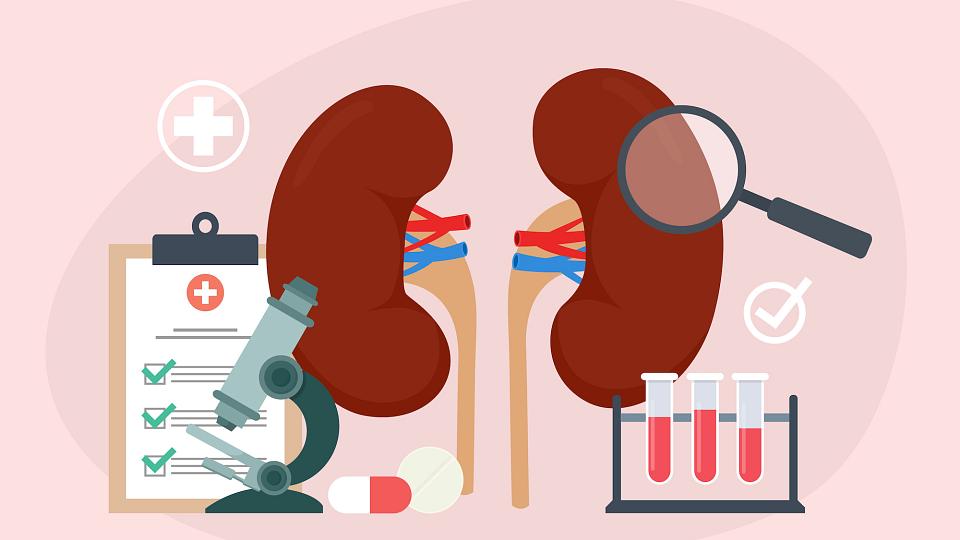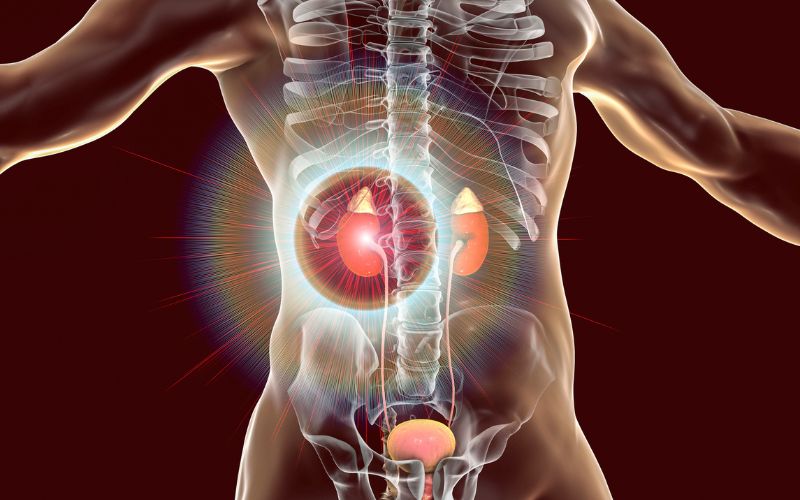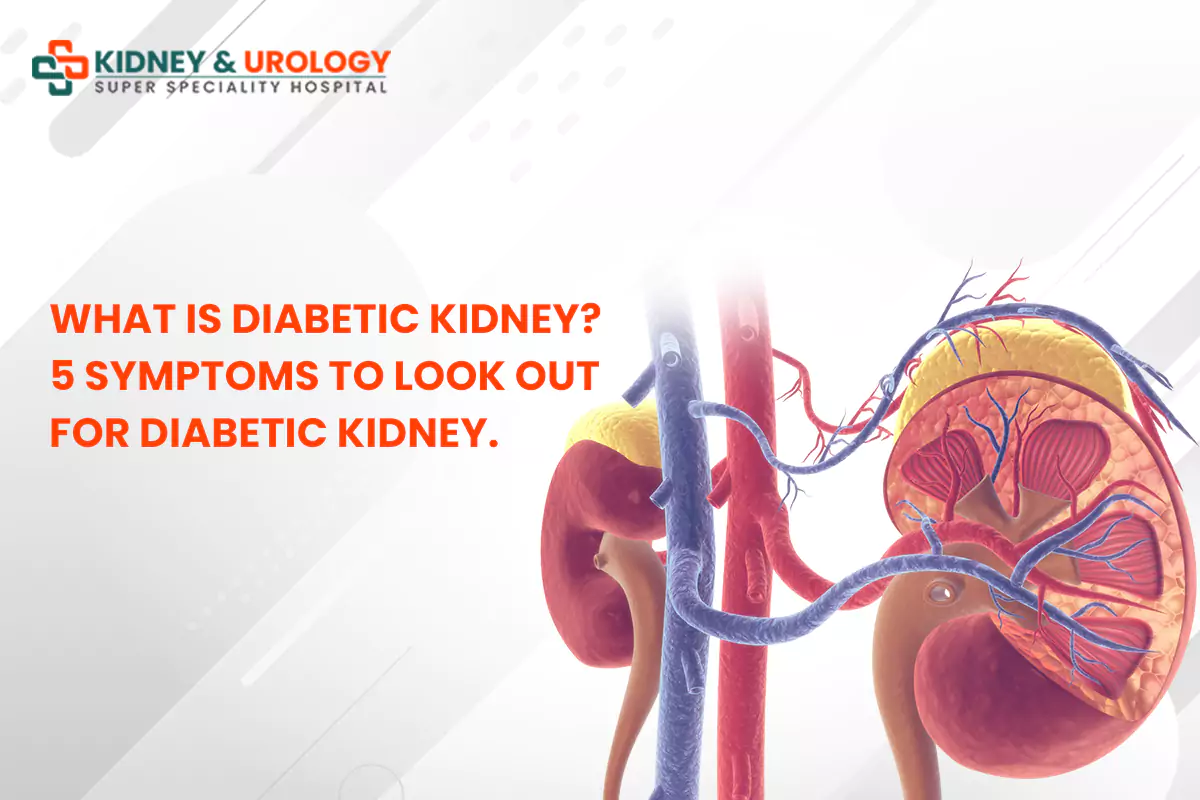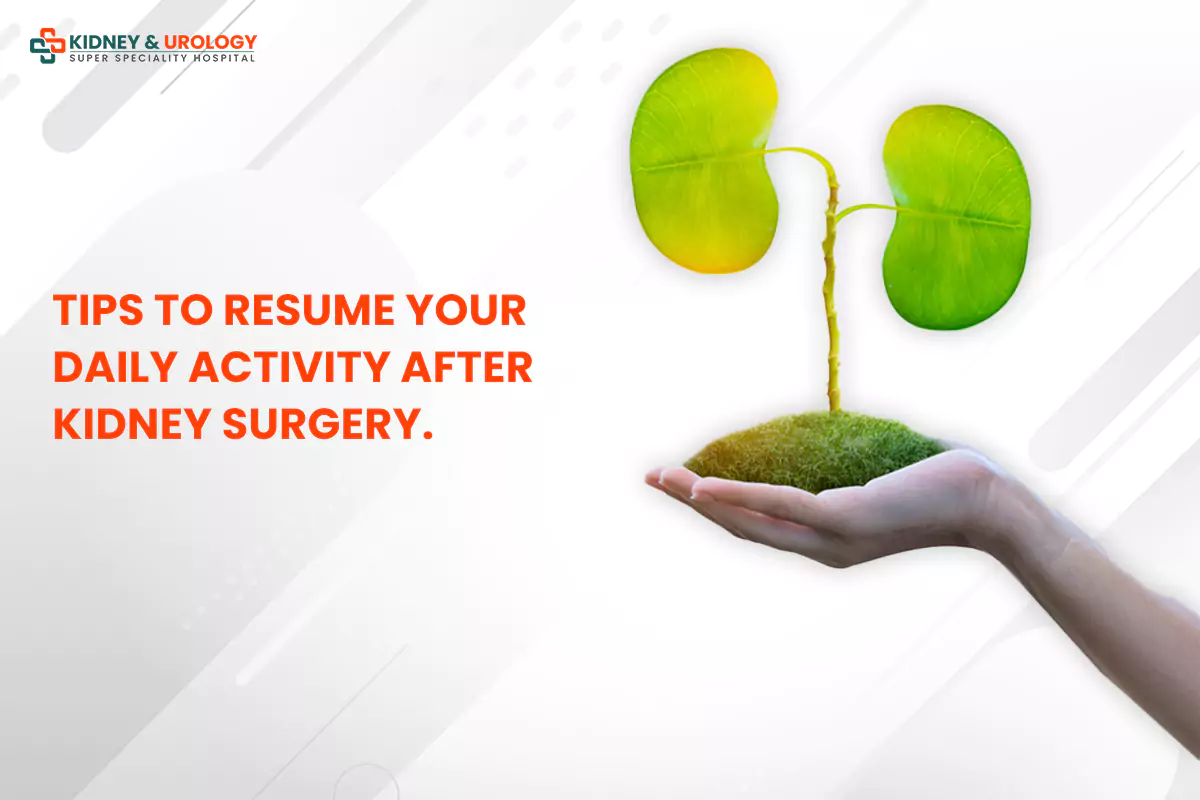The procedure of Kidney Transplant Surgery in Haryana
The kidney transplant procedure alters the life of those with end-stage renal disease (ESRD) forever. It is a condition in which the kidneys can't filter waste and extra fluid out of the blood. During Kidney transplant surgery, a healthy kidney from a living or dead donor is put in place of a kidney that isn't working. In this article, we'll discuss about kidney transplantation in details explaining how it works, risks associated, queries relatd to kidney donaiton, and how long it takes to get better.
Kidney transplant surgery procedure
Kidney transplant in Haryana mainly involve the following steps:
-
Evaluation: Before a transplant, a patient is given a full evaluation to see if they are a good candidate. Medical examinations, psychological evaluations, and discussions about the benefits and risks of kidney transplant are all part of this procedure.
-
Finding a donor: A good donor is needed for a transplant to work. Donors can be alive (whether they are related or not) or dead. To reduce the chance of rejection, the blood type and HLA of the donor kidney must match those of the recipient.
-
Surgery: The surgery to do a transplant usually takes 3 to 4 hours. Kidney taken from the donor is put into the lower abdomen of body and the blood vessels and ureter are attached to the body of patient. Native kidneys in most of the time don't work and are left in place unless they are causing problems.
-
Care after the transplant: After surgery, patients are given medicines that stop the immune system from rejecting the new organ. Additionally, these patients do require routine follow-up visits to monitor kidney function, adjust medication, and address any issues that may arise.
Criteria for Getting a Kidney Transplant
A kidney transplant is not always an option for all people suffering from kidney diseases or problems. So here is the criteria when the kidney transplant is required:
-
End-stage renal disease (ESRD): Kidney transplants are done for ESRD patients, which are often caused by diabetes, high blood pressure, polycystic kidney disease, or glomerulonephritis.
-
Health in general: Patients must be healthy enough to handle surgery and immunosuppressant drugs. People having severe heart issues, lung, or liver disease, active infections, or any certain types of cancer are not likely to go for transplant.
-
Age: There isn't a hard and fast age limit for transplants, but older people may face more risks and challenges during the process. The patient's overall health and how long they are expected to live are more important than their age alone.
-
Adherence: Patients must show that they can follow doctors' orders, take their medications as prescribed, and go to follow-up appointments regularly.
Possible risks and problems with a kidney transplant
Kidney transplants in Haryana come with a number of risks and possible problems, such as:
-
Rejection: The transplanted kidney may be attacked by the recipient's immune system, which is called rejection. Immunosuppressive medicines or drugs help lower this risk, but they have to be taken for the rest of the organ's life.
-
Infection: Since immunosuppressive medicines or drugs weaken the immunity system of the body, which often causes to an infection. Patients must be regularly checked for signs of infection and get medical assistance immediately if there is any.
-
Changes in Lifestyle: Depending on the procedure, patients may need to make changes in their lives after surgery to stay healthy and avoid problems. We assist patients to make healthy lifestyle habits, like eating a balanced diet, getting regular exercise, and not smoking or drinking too much alcohol.
-
Complications of surgery: There are always the risks of anaesthesia, bleeding, blood clots, and damage to structures near the surgery site in almost each and every surgery.
-
Recurrence of the original kidney disease: In some cases, the disease that caused the original kidney failure can come back in the transplanted kidney.
Recovery and Life After Getting a New Kidney
Each person's recovery from a kidney transplant is unique, but often entails:
-
Hospitalisation: Most transplant surgery patients spend a few days to a week in the hospital after their procedure.
-
Care after surgery: Patients must attend follow-up appointments on a regular basis following the kidney transplant process, take their medications as directed, and lead healthy lives.
-
Getting back to daily life: Most transplant patients get back to their normal lives in just after a few weeks to even a few months, depending on the status of overall health and how well they are recovering.
-
Benefits of a kidney transplant: A kidney transplant is very beneficial over other ways to treat ESRD providing better quality of life, better long-term results, and the ability to live without dialysis.
Conclusion
Patients who are suffering from ESRD who need kidney transplants have to go through a complicated and life-changing surgery. Even though it also has risks and can cause problems or issues.
As a leading kidney hospital for kidney transplant in Haryana,
SS Kidney & Urology Hospital is helping patients by state-of-the-art kidney transplantation services and helping them through the whole process.














Request A Callback